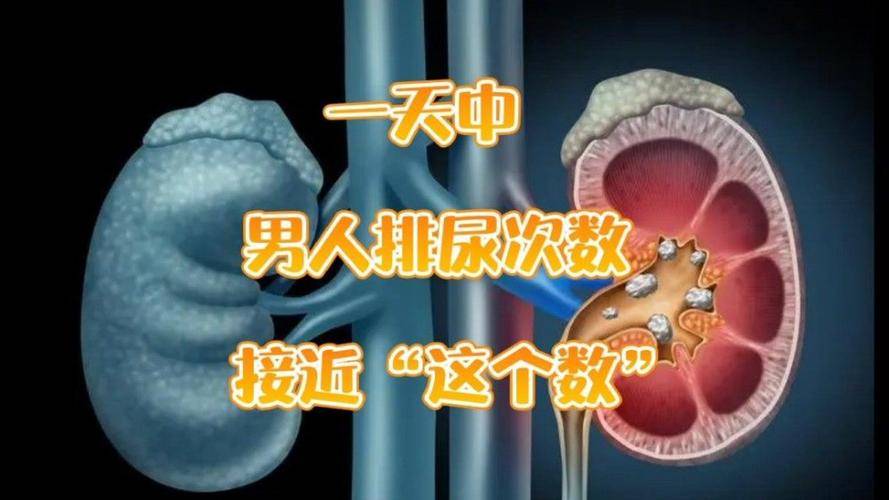Uremia is the late stage of acute or chronic renal failure, usually referring to stages 4 and 5 of chronic renal failure.
Patients’ kidneys fail to function normally, leading to disturbances in water, electrolyte, acid-base balance, endocrine disorders in the liver, accumulation of metabolic end products and toxic substances in the body, resulting in symptoms and signs collectively known as uremia.
For men, the kidneys are vital organs. Men can only be healthy if their kidneys are healthy. A healthy body can effectively eliminate waste toxins and ensure the normal functioning of organs.
If men show abnormalities, waste toxins accumulate in the body, leading to reduced urine output. What is considered a normal daily urine output for men? Let’s find out.
What is the normal amount of urine in a day for a normal person?
Patients with kidney disease may exhibit abnormalities in their urine output. The urine output indicates the normal functioning of the kidneys. What is the normal frequency of urination for a healthy individual?
Normally, a person’s daily urine output ranges from 1000 to 2000ml. Compared to women, men tend to have slightly higher urine output, averaging around 1500ml. Each individual should excrete at least 500ml of urine daily, as the body metabolizes normally and requires 500ml of water daily. Factors such as exercise intensity, water intake, sweating, weather conditions, etc., can affect urine output and frequency, with some individuals increasing urine output by drinking more water and decreasing it by drinking less water.
Based on urine output, experts categorize into three stages. Urine output exceeding 2500 milliliters a day is considered polyuria, while less than 400 milliliters is oliguria. Urine output below 100 milliliters a day is classified as anuria. A low frequency of urination can lead to kidney problems and severe manifestations of uremia.
If uremia occurs, besides reduced urine output, several other characteristics manifest.
1. Edema in certain parts of the body
Uremia not only reduces urine output but also urine volume. Residual urine remains in the body, leading to edema. Edema in uremia mainly presents in areas like the face, ankles, eyes, face, and fingers.
Facial edema is easily noticeable. The most significant difference between edema and obesity is that when pressing lightly on the facial skin for about ten seconds, the edema gradually disappears. If it does not recover for an extended period, the edema worsens, indicating the deterioration and progression of uremia.
2. Yellowish and itchy complexion
With the onset of uremia, kidney function deteriorates, making it difficult for the body to excrete urine normally, leading to abnormal skin conditions. It often causes itching of the skin, as waste toxins accumulate due to declining kidney function, resulting in a gradual yellowish appearance of the skin.
3. Elevated blood pressure
The kidneys regulate sodium and electrolytes, but if they are damaged, this balance is disrupted, causing electrolyte imbalances. This imbalance affects blood pressure stability, leading to increased blood pressure, posing significant health risks and possibly severe cardiovascular issues on the basis of impaired kidney function.
The more severe the condition of hypertension patients, the greater the impact on kidney health. Blood pressure tends to increase with time. It is advisable to visit the hospital to check whether kidney problems are impacted.
4. Presence of foamy urine
It is a bad habit for some people not to observe their urine after urination, as individuals can determine the health of their kidneys through their urine. Though it is not a definitive diagnosis, it serves as an alert. The presence of bubbles in the urine, visible to the naked eye, is the most prominent symptom of proteinuria. Proteinuria indicates kidney damage.
Conclusion: Undoubtedly, after reading this article, we all have a better understanding of our kidney health. The early stages of uremia may not receive much attention, delaying the treatment of the condition. Therefore, if you experience edema, loss of appetite, or reduced urine output, please promptly visit a hospital to eliminate the risks of uremia.


